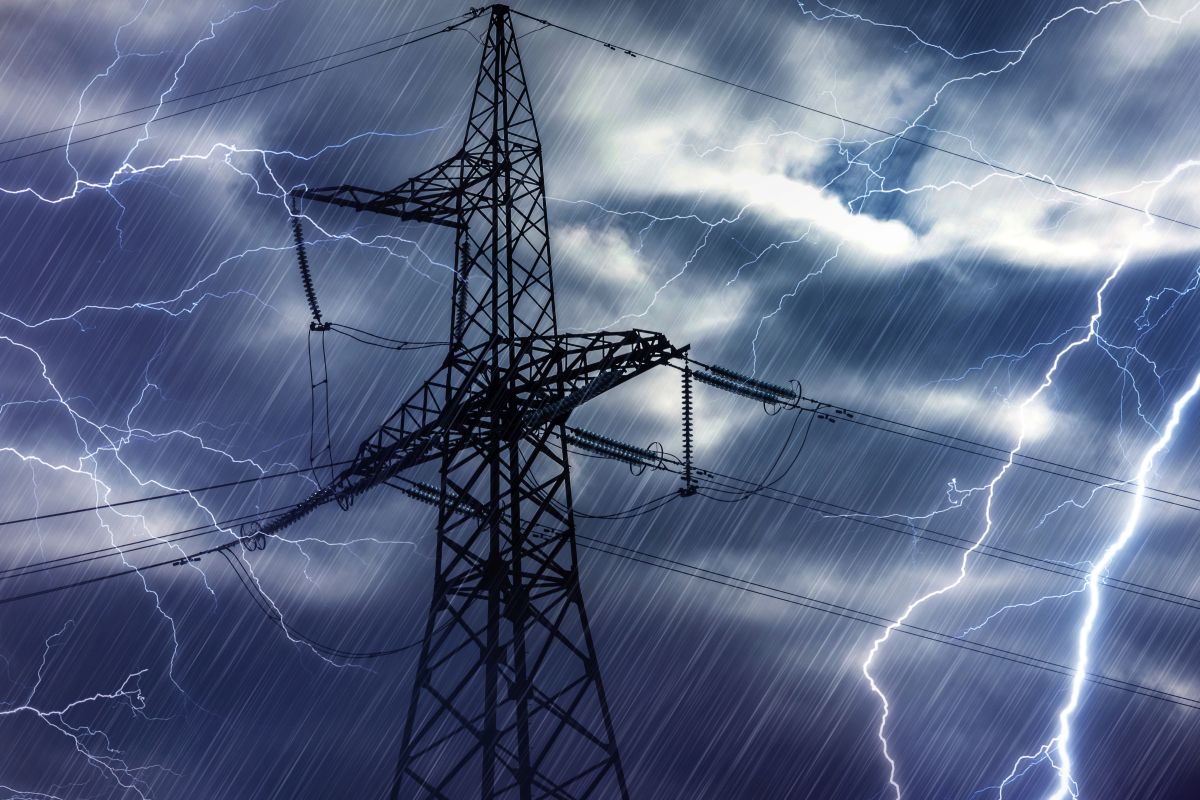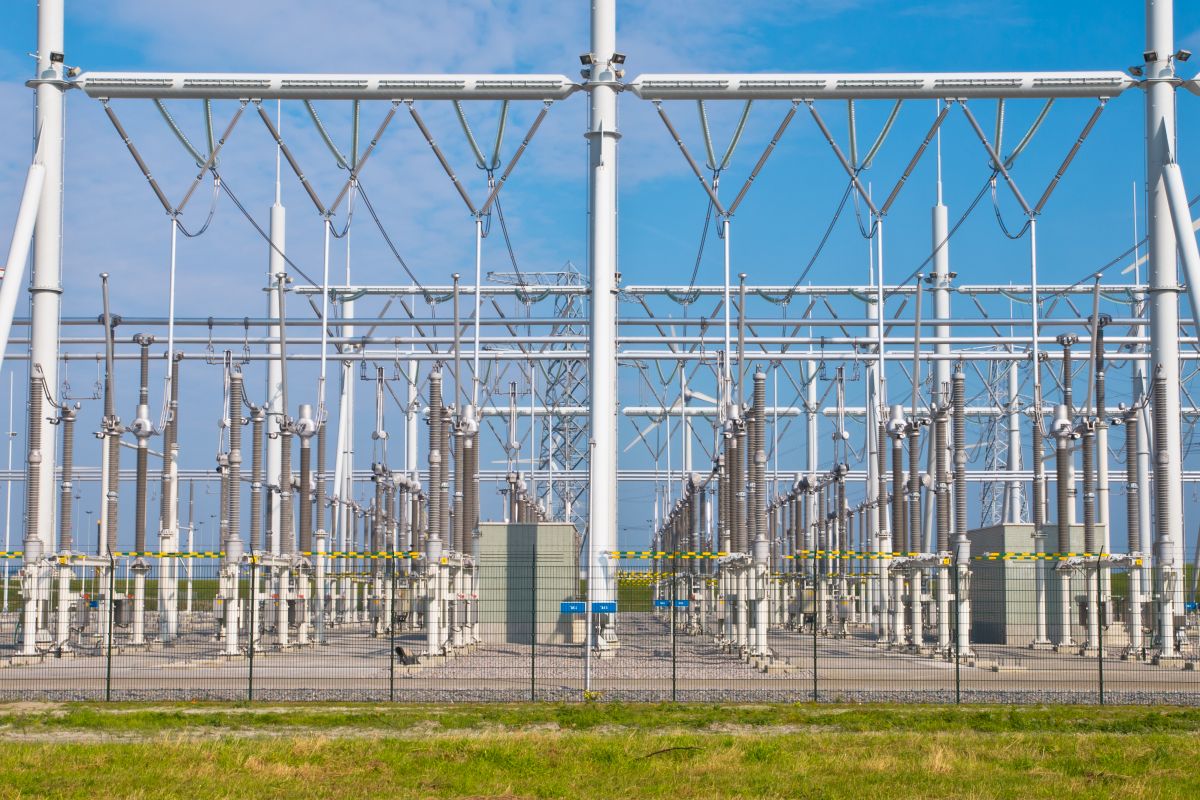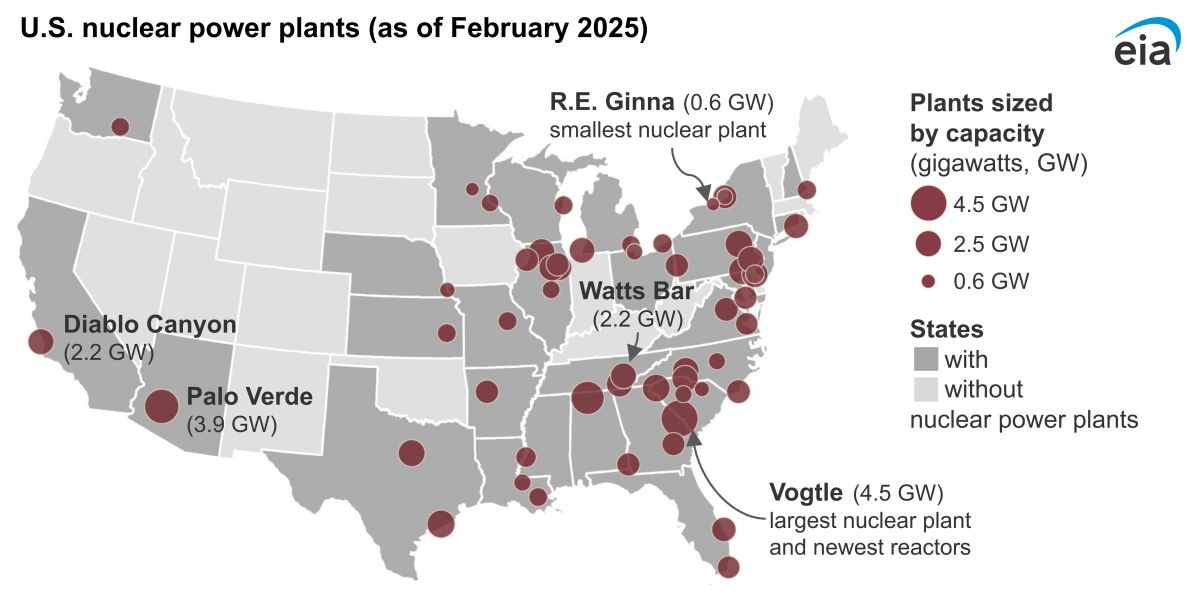The North American Electric Reliability Corporation (NERC) Critical Infrastructure Protection (CIP) standards are a set of mandatory security regulations and guidelines designed to protect the Bulk Electric System (BES) from cyber threats. The CIP standards are a result of a joint effort by the United States Federal Energy Regulatory Commission (FERC) and NERC, to ensure the reliability and security of the North American power grid.
The NERC CIP standards are mandatory for all entities that own or operate bulk power systems within the United States, including electric utilities, independent system operators, and regional transmission organizations. Compliance with the CIP standards is enforced by FERC, which has the authority to impose penalties for non-compliance.
What Areas Are Covered by the NERC CIP Standards?
NERC CIP standards include the following categories:
CIP-001: Sabotage Reporting
CIP-002: Asset Identification and Classification
CIP-003: Policy and Governance
CIP-004: Personnel and Training
CIP-005: Network Security
CIP-006: Physical Security of Cyber Assets
CIP-007: Systems Security Controls
CIP-008: Cyber Security Incident Response
CIP-009: Recovery Plans
CIP-010: Change and Vulnerability Management
CIP-011: Protection of BES Cyber System Information
CIP-012: Control Center Communications
CIP-013: Supply Chain Security
CIP-014: Physical Security of Key Substations
Why Should Utilities Care About NERC CIP Standards?
The NERC CIP standards are critical for ensuring the reliability and security of the North American power grid. A cyberattack on the power grid could have catastrophic consequences, including widespread power outages, economic disruption, and even loss of life. Hence, if you are an electric utility in North America, you should care about NERC CIP standards.
NERC CIP standards involve serious investment and a risk of fines. Although, most fines fall in the low five-figure range, serious violations can cost utilities millions of dollars and a bad reputation. They can also create management challenges with stakeholders, including the board, shareholders and regulators.

What are the Benefits of Being NERC CIP Compliant?
The NERC CIP standards provide several benefits for the power grid and the organizations responsible for its operation. Some of the key benefits include:
- Improved Security: By implementing these standards, organizations can reduce the risk of cyber and physical attacks on the critical infrastructure of the power grid.
- Increased Resilience: In the event of a cyber or physical attack, organizations can quickly respond and mitigate the impact of the attack, minimizing downtime and disruption to the power grid.
- Regulatory Compliance: By complying with these standards, organizations can avoid fines and penalties from regulatory authorities.
- Competitive Advantage: Organizations that comply with the NERC CIP standards can gain a competitive advantage by demonstrating to customers and stakeholders that they take security and reliability seriously. This can help to attract new customers and increase customer loyalty.
Disclaimer: Any opinions expressed in this blog do not necessarily reflect the opinions of Certrec. This content is meant for informational purposes only.












